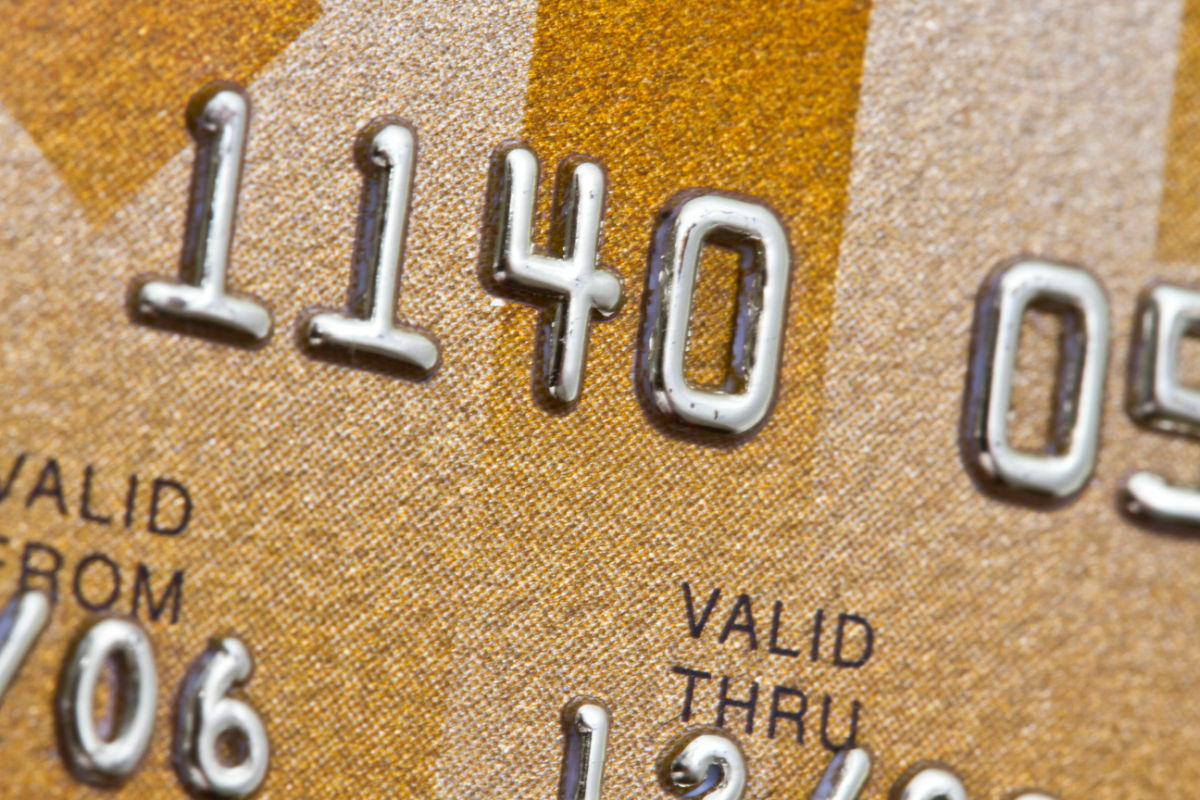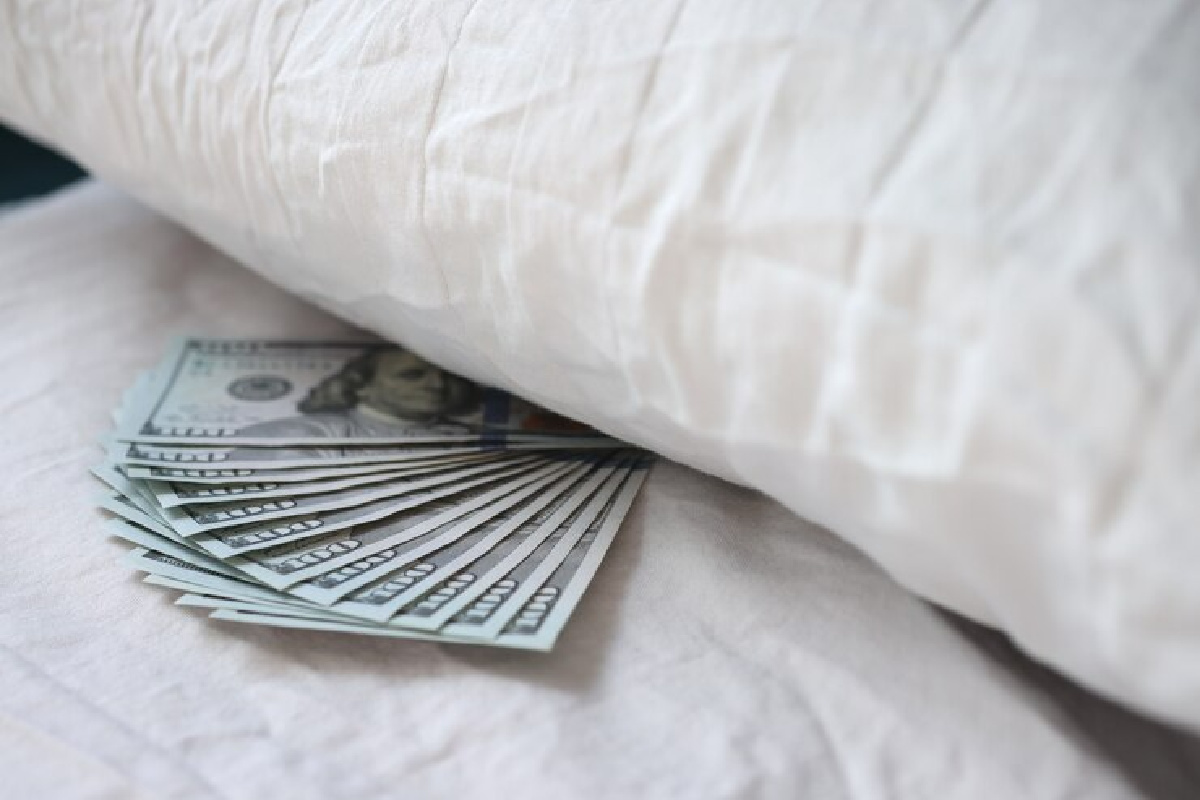According to a new report by the Federal Reserve Bank of New York, the total U.S. consumer credit card debt is now at all-time high of $1.03 trillion in the second quarter of 2023. According to the report, credit card debt in the United States increased by $45 billion from the first quarter of 2023 to the second quarter of 2023, up from $986 billion to the new high. The number of credit card accounts also increased by 5.48 million, with the total number of accounts equaling 578.35 million
Troubling Statistics
Along with this new record in credit card debt balances, there are some other statistics that are quite troubling. According to Bankrate.com, 47% of credit cardholders carry debt from month to month, up from 39% in 2021. This is a significant increase. Furthermore, 60% of Americans with credit card debt have had it for at least a year. This is up 10 percentage points from just two years ago. The longer one has credit card debt, the more interest that consumer is paying instead of the principal that is owed and interest rates have been increasing since the late-pandemic inflation kicked in.
How Did We Get Here?
Three years ago, Americans’ cash balances went up from pandemic-era stimulus benefits and saving habits. All that has ended, and now savings are at their lowest levels since April 2020. This is a drastic swing from just a few years ago. Consumers have spent their savings and combined with the effect of inflation, many are in a much more economic dire situation, where an unexpected expense can be devastating. At the beginning of the COVID pandemic, inflation was 0.3%. It started to spike in early 2021 and reached a high of 9.1% in July 2022. Inflation has come down significantly since then, reaching a low of 3% in June 2023 and is now approximately 3.4%. Consumers who are running long term monthly balances are still paying for the items purchased at 9.1% inflation and are paying higher interest on them. While 3.4% interest is much lower than 9.1%, prices are still going up, just at a slower pace.
Not all economists think this current situation is all that bad. According to the authors of a recent New York Fed blog:
“Rising credit card balances are also good for the economy in the sense that consumer spending powers about 70% of economic growth. Credit card balances are also rising in part due to population growth and because cash usage continues to decline.”
This type of thinking, while factually accurate, is cold comfort to consumers who are struggling financially to pay their increasing monthly bills.
What Happens Now?
This fall and winter could be economically challenging for many Americans and there are a lot of headwinds for lower to upper middle-class consumers. Now with inflation and higher interest rates, rising credit card balances may be difficult to afford for many consumers. Furthermore, the resumption of student loan payments this month will add additional financial strain to those borrowers who are already having a hard time keeping up with their expenses.
There are two main options for consumers who are struggling to pay their credit card bills. First, they can review their budget and see if there are any expenses they can cut or reduce to afford their monthly credit card and or loan payments. Some Americans may be able to do this, while others may make unfortunate cuts to necessities such as medicine, food or home or car repairs. Still others may consider filing for bankruptcy to eliminate their debt and receive a fresh start. With such record credit card debt, we expect to see an increase in bankruptcy filings in the coming year.
Contact The Law Offices of David I. Pankin, P.C.
If you are experiencing financial difficulty, please feel free to contact the Law Offices of David I. Pankin, P.C. We have over 25 years of experience helping debtors get a fresh start through Chapter 7 and Chapter 13 bankruptcy. You can schedule a free consultation by calling us at (888) 529-9600 or by using our easy online contact form.
More information: https://libertystreeteconomics.newyorkfed.org/2023/08/credit-card-markets-head-back-to-normal-after-pandemic-pause/






